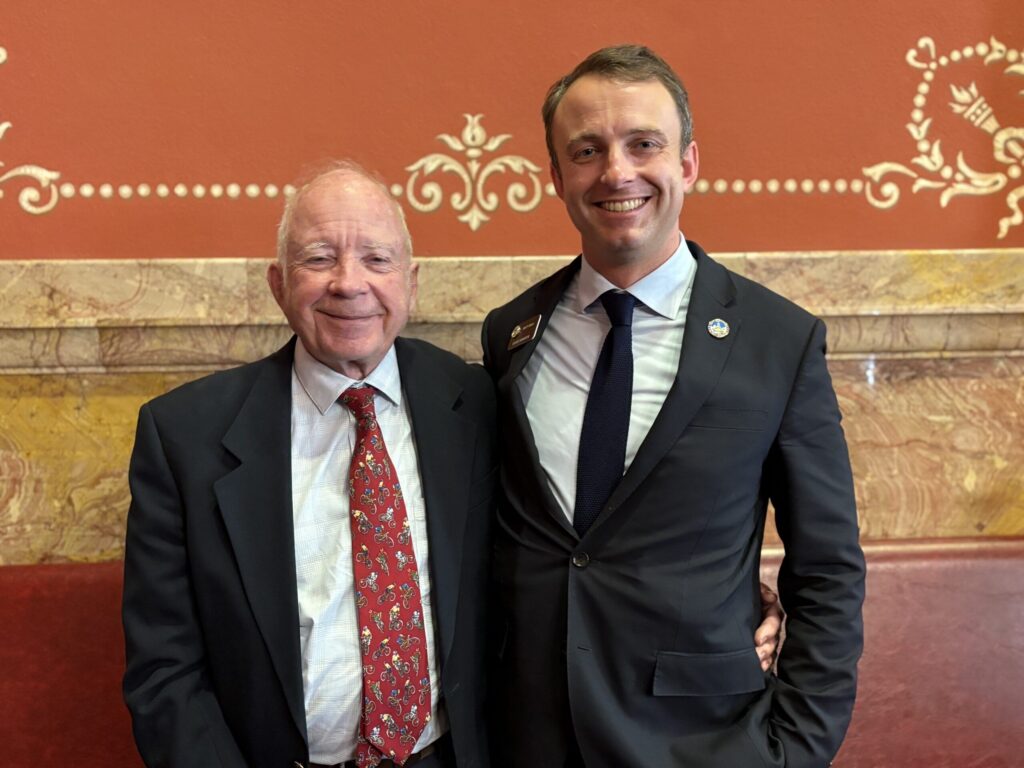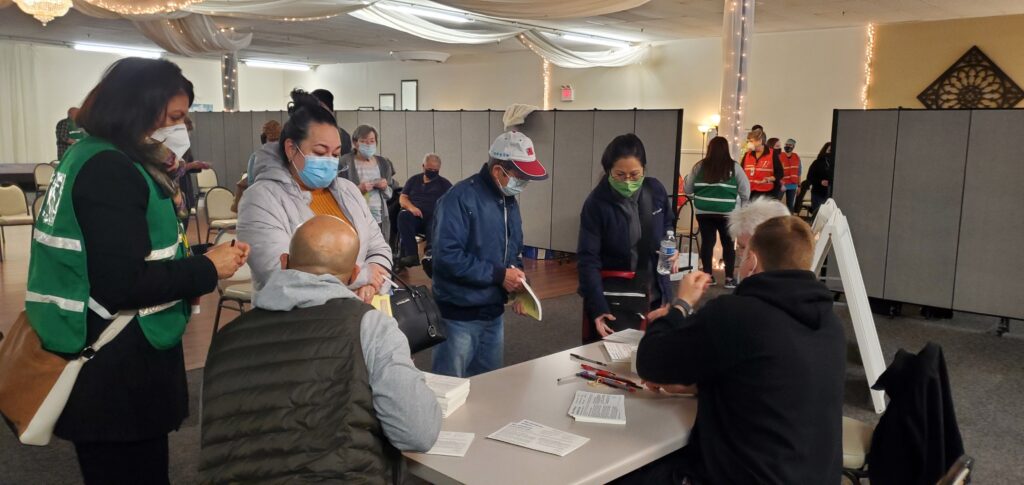Denver budget woes spotlight shift in Johnston’s homelessness campaign

The city’s budget woes have triggered shifts in the future of Mayor Mike Johnston’s campaign to eliminate homelessness in Denver.
After a week-long series of budget hearings, city officials now have a clearer picture of how Denver plans to address its $200 million budget deficit, with department heads outlining how they intend to cut spending, while still delivering services. Among the challenges cited by agencies is the evaporation of several one-time federal funding sources that city agencies once depended on.
Two notable shifts in the mayor’s homelessness efforts included the city’s decision to transition from flat-fee to performance-based contracts for shelter services and the closure of two shelter facilities: the Comfort Inn and the Monroe Village micro-community.
Just over a month ago, The Salvation Army, which provides many of the services and programs used among Denver’s city-run shelters, announced it would cease managing operations at three of Denver’s hotel-turned-homeless shelters after fulfilling its current contracts with the city, according to a statement from the group.
Three new contracts will be awarded shortly for non-congregate shelter services: $8.7 million for the former DoubleTree, $7 million for Tamarac, and $4.4 million for the Best Western, using the new performance-based criteria to ensure — the city said — that vendors deliver services as agreed.
City officials told the Denver Gazette that new contract providers would be announced sometime in October.
“These contracts (flat-fee) are just cost reimbursement models, so whatever the eligible expenses are, I pay for that as the provider, then bill the city, and then the city just pays the provider back,” Cole Chandler, the mayor’s senior advisor on homelessness, said at a news briefing in late August. “We’re switching to where we’ll be actually paying for specific outcomes.”
The switch means the city would be scrutinizing how well vendors fulfill their contract deliverables, officials said.
Johnston and District 8 Councilmember Shontel Lewis told attendees at a community town hall on Thursday that among the requirements new providers will be held accountable for is requiring shelter residents to meet with a case manager at least once per week, adding that it is a “basic expectation for folks that are in our housing, that’s the basic expectation for taxpayers that are supporting it.”
With a projected general fund request of $71.6 million — down from 0.13% from this year — Denver Department of Housing Stability Executive Director Jamie Rife said the city’s loss of one-time federal funding, such as the American Rescue Plan Act, has forced the agency to build its first budget solely on an ongoing amount of revenue since its inception.
Deputy Director of Homelessness Resolution and Housing Stability Jeff Kositsky said the city is losing nearly $33 million in programmatic funding, which will affect the department’s work.
This summer, the city announced that it would be terminating leases for two hotel shelters, the Radisson and the Comfort Inn, and closing the Monroe Village micro-community, resulting in a savings of nearly $11 million.
Closing shelters would also result in a reduction in the number of available shelter beds, prompting the city in 2026 to focus more on reducing the length of stay in order to improve “throughput,” exiting residents to more permanent housing options.
Approximately 18 months ago, the average length of stay in a city-run shelter was consistently more than 210 days, according to officials. That number has now dropped to approximately 180 days.
“It’s certainly not perfect, and there’s always going to be work to do, but we have to do better, because we have fewer shelter beds,” Kositsky said during a recent budget hearing. “But the faster that we can get folks housed somewhere, the more it will mitigate the impact of the loss of the shelter beds.”
On Oct. 9, Denver City Council will hold a budget workshop to discuss and prepare recommendations for the mayor. The mayor must release his final proposed budget by Oct. 20, and a public hearing on the budget will be held on Oct. 27.













